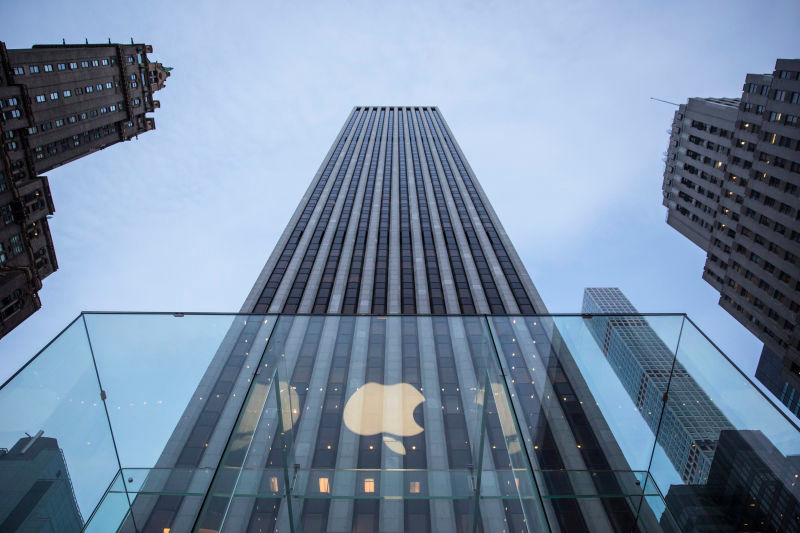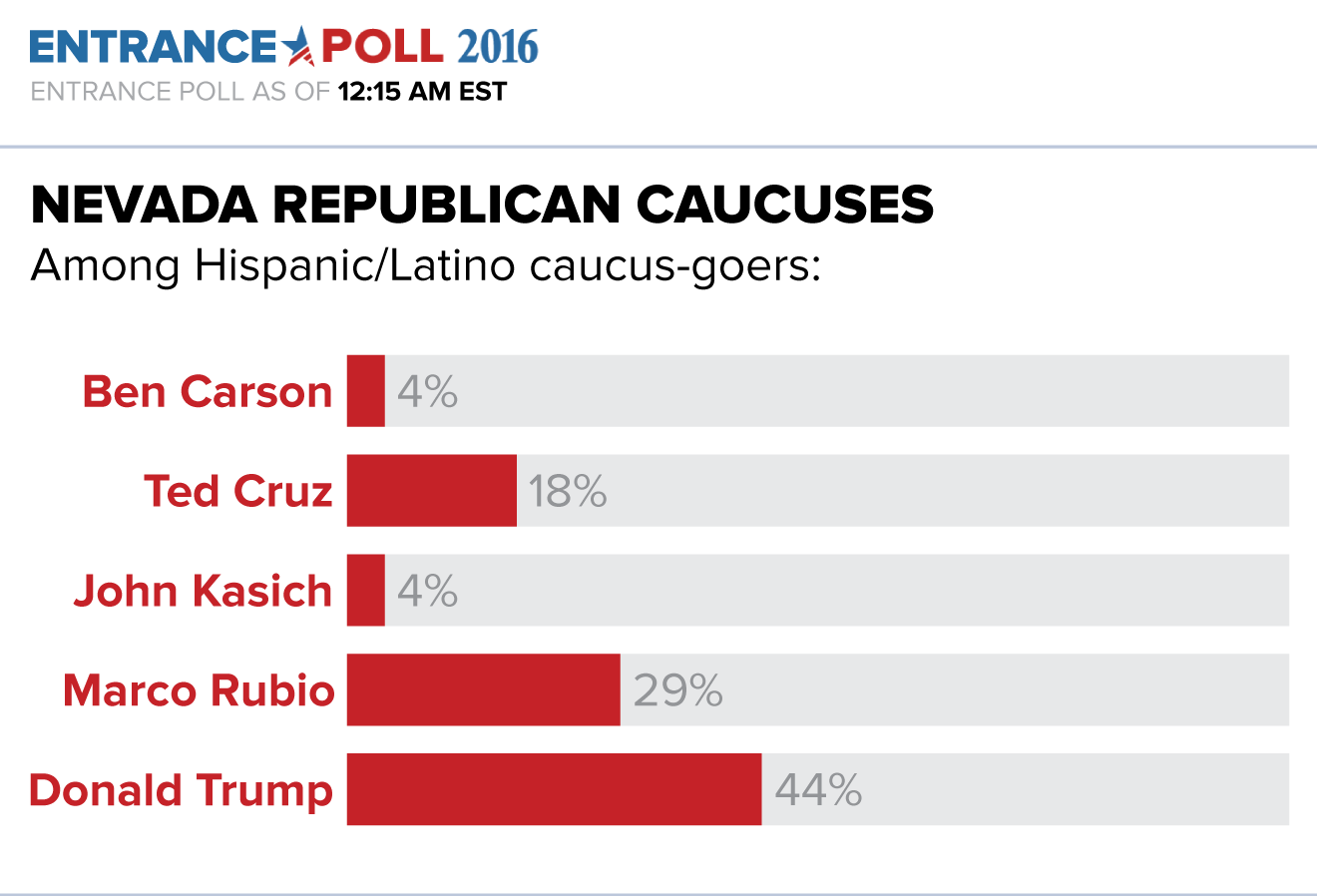
Hillary Clinton has always been at her strongest when she has seemed most vulnerable. From her soaring popularity during the impeachment hearings of her faithless husband to her brief electoral comeback in the New Hampshire presidential primary in 2008 after misting up in a diner, one of the most battle-scarred figures in American life has proven again and again that she has the capacity to rouse voters’ empathetic instincts.
Now, as Super Tuesday’s results bring us closer to a general election between Clinton and Trump, two brash New Yorkers who do not shy from a fight, an unprecedented question looms. How does a man whose insults and old-school machismo only amp his popularity compete against a woman who has made an art form of turning the other cheek to such attacks?
In other words, how ugly will things get should Donald Trump run against Hillary Clinton? And how good — or bad — for each of them might that be?
“It will be a war,” says Rebecca Traister, who wrote a book, “Big Girls Don’t Cry,” about Clinton’s 2008 race, and has just published another, “All the Single Ladies,” about Clinton’s most important constituency this time around. “Trump is popular because he is channeling the anxiety of those who are losing power — white men, to those who are gaining it — women and minorities, and he is willing to say anything that expresses that hate.”
Certain conventions have been accepted about the political ground rules for running for office as a woman and for male candidates running against a woman, wisdom carefully accumulated over the decades by consultants working with focus groups.
Now, all of them are about to be upended.
Men are more analytical and women more emotional? Many voters see it the other way around this time. Men are traditionally seen as insiders while women are seen as outsiders? Those roles are flipped in the cases of Clinton and Trump. Women, arguably, are traditionally credited by voters with honesty and the ability to bring about change. Those are Clinton’s weakest areas, according to pollsters (though Trump doesn’t fare well on the honesty count, either).
And then there is a long list of things that men are supposed to avoid when running against a woman candidate: Never call her names, insult her looks, patronize her, act like a bully, encroach upon her physical space or appear physically threatening. (No, until this campaign, it wasn’t considered good strategy to do this to candidates of any gender, but there is an added menace perceived by voters when a man appears to demean or humiliate his female opponent).
Trump, though, has done most of these things to many people who have gotten in his way thus far in the campaign, including more than a few women. Megyn Kelly, for instance, who he called a “bimbo” and suggested she was hormonally unstable. Or Carly Fiorina, of whom he said, “Look at that face! Would anyone vote for that? She’s a woman, and I’m not supposed to say bad things, but really folks, come on! Are we serious?” He’s had choice words for Clinton already, too, calling the fact that she used the bathroom disgusting and turning a vulgar word for penis into a verb to describe her loss to Barack Obama.
Now, as Super Tuesday’s results bring us closer to a general election between Clinton and Trump, two brash New Yorkers who do not shy from a fight, an unprecedented question looms. How does a man whose insults and old-school machismo only amp his popularity compete against a woman who has made an art form of turning the other cheek to such attacks?
In other words, how ugly will things get should Donald Trump run against Hillary Clinton? And how good — or bad — for each of them might that be?
“It will be a war,” says Rebecca Traister, who wrote a book, “Big Girls Don’t Cry,” about Clinton’s 2008 race, and has just published another, “All the Single Ladies,” about Clinton’s most important constituency this time around. “Trump is popular because he is channeling the anxiety of those who are losing power — white men, to those who are gaining it — women and minorities, and he is willing to say anything that expresses that hate.”
Certain conventions have been accepted about the political ground rules for running for office as a woman and for male candidates running against a woman, wisdom carefully accumulated over the decades by consultants working with focus groups.
Now, all of them are about to be upended.
Men are more analytical and women more emotional? Many voters see it the other way around this time. Men are traditionally seen as insiders while women are seen as outsiders? Those roles are flipped in the cases of Clinton and Trump. Women, arguably, are traditionally credited by voters with honesty and the ability to bring about change. Those are Clinton’s weakest areas, according to pollsters (though Trump doesn’t fare well on the honesty count, either).
And then there is a long list of things that men are supposed to avoid when running against a woman candidate: Never call her names, insult her looks, patronize her, act like a bully, encroach upon her physical space or appear physically threatening. (No, until this campaign, it wasn’t considered good strategy to do this to candidates of any gender, but there is an added menace perceived by voters when a man appears to demean or humiliate his female opponent).
Trump, though, has done most of these things to many people who have gotten in his way thus far in the campaign, including more than a few women. Megyn Kelly, for instance, who he called a “bimbo” and suggested she was hormonally unstable. Or Carly Fiorina, of whom he said, “Look at that face! Would anyone vote for that? She’s a woman, and I’m not supposed to say bad things, but really folks, come on! Are we serious?” He’s had choice words for Clinton already, too, calling the fact that she used the bathroom disgusting and turning a vulgar word for penis into a verb to describe her loss to Barack Obama.

Democratic presidential candidates Sen. Bernie Sanders of Vermont and former Gov. Martin O’Malley of Maryland resume the debate at St. Anselm College in Manchester, N.H., after Hillary Clinton failed to return from a break on Dec. 19, 2015.
When and if Trump becomes the Republican nominee, will he stop?
Not likely, says author Michael D’Antonio, who spent four years studying Trump for the book “Never Enough: Donald Trump and the Pursuit of Success,” which was published last fall.
When and if Trump becomes the Republican nominee, will he stop?
Not likely, says author Michael D’Antonio, who spent four years studying Trump for the book “Never Enough: Donald Trump and the Pursuit of Success,” which was published last fall.







